Academic Studies
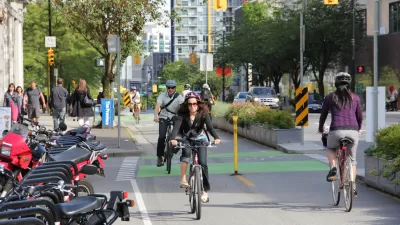
Study: More Bike Infrastructure Leads to More Bike Riders
File under "build it and they will come."
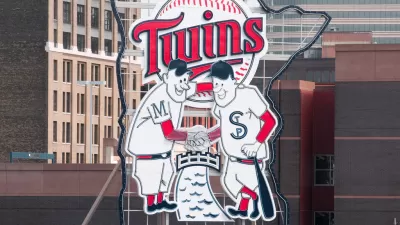
More Transportation Options Needed to Connect Workers and Jobs in the Twin Cities
A new study identifies the disconnect between employees and employers in the Twin Cities region. The report also predicts dramatic improvements if the region's long-term transportation plans are realized.
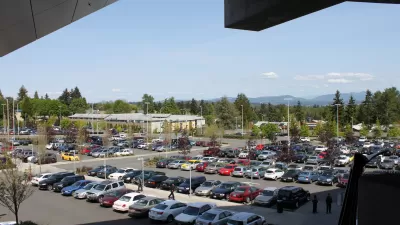
The Park-and-Ride Boondoggle
Streetsblog USA shares insights into a new study published by the Transportation Research Board finding that most park-and-ride facilities built by transit agencies waste money and land.

Zoning as a Tool of Social and Economic Inequality
The New York Times devotes significant ink to an argument against the use of zoning laws as tools of anti-growth politics.
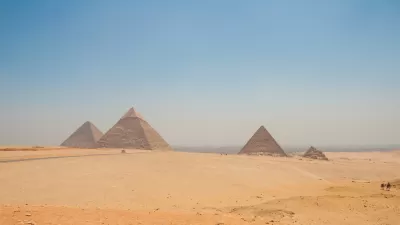
What 6,000 Years of Population Data Looks Like
We can now watch 6,000 years of urban settlements and movements unfold on our computer screens.
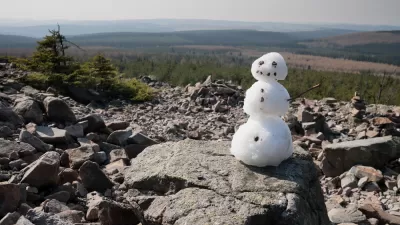
Could a Greener Artic Slow the Effects of Climate Change?
The headline presents a bit of a mind-bender, but scientists are racing to grapple with the consequences of human-induced climate change in the northern regions of the globe.
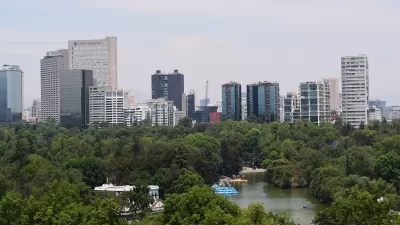
'Native Plants' Won't Save Urban Biodiversity
Part literature review, part political appeal, this article makes the case for rethinking the concept of what makes plants native—especially in the face of climate change.
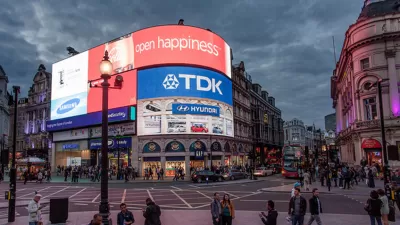
A Lack of Action Despite Evidence of Safety Risks Posed by Digital Billboards
The Eno Center for Transportation lays out a clear appeal for action to regulate the time, place, and manner of digital billboards.
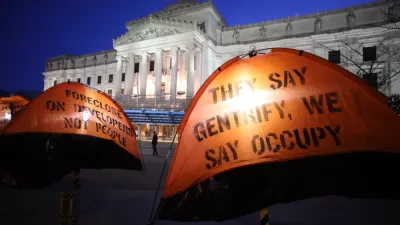
How to Counter Argue 5 Common Myths About Gentrification
Not all issues are as simple as people would like them to be, but that's especially true regarding gentrification. A recent Washington Post article is helpful for arming your arguments with evidence in the ongoing debate about gentrification.
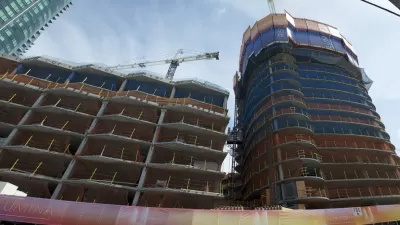
Conflicting Views on How Best to Combat Gentrification, Explained
Two new reports, and one older one, assign unequal significance of the ability of new market rate housing to filter older housing into affordability.
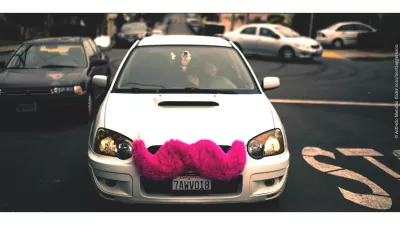
Should Governments Subsidize Uber and Lyft Connections to Transit?
According to a new report from the Center for American Progress, technology network companies like Uber and Lyft offer a unique opportunity for low-income users to connect with transit routes and on to greater economic opportunities.
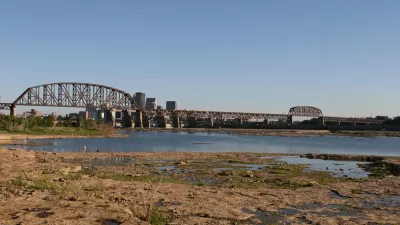
Louisville Gearing Up to Tackle its Urban Heat Island Problem
Louisville has the ignominious distinction of having the largest heat island effect of any of the largest cities in the United States. A new study from the Urban Climate Lab at Georgia Tech suggests ideas for lowering the heat in the city.
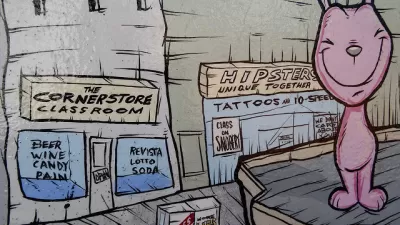
Researchers Build Model for Predicting Gentrification
A team of researchers in London believes it can predict future gentrification. The model is built on evidence of social diversity, which is often thought of as a positive outcome.
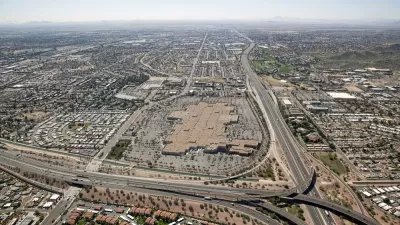
More Evidence That Living Near Highways Is Bad for Your Health
The findings of a new study based in Boston offer evidence of negative health outcomes connected to the collision of residential land use and transportation infrastructure.
Four Land Use Features for Better Health
The latest from a growing body of research on the connections between land use and public health identifies four characteristics of land use that produce beneficial public health outcomes.
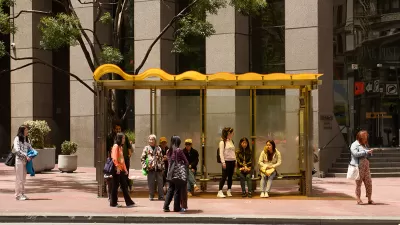
The Demographics of U.S. Transit Ridership
New research from the Pew Research Center provides insight into the people relying on public transit.
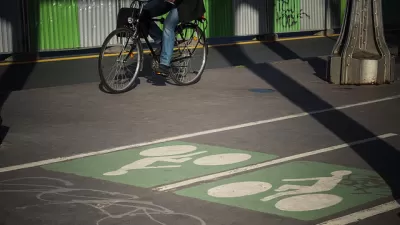
Bicyclists on Sidewalks: Why They're Not Going Away, and What We Can Do About It
Simply banning bikes from riding on sidewalks does more harm than good. A better understanding of why people choose to ride bikes on the sidewalk will be necessary to create safer environments for all users.
Distracted Driving Is the New Normal
A new study finds that U.S. drivers drive distracted more often than they devote their full attention to the road.
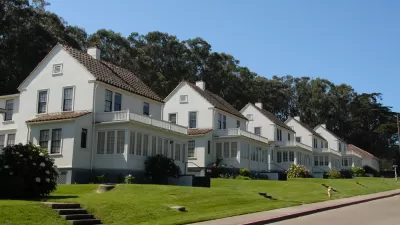
Problems With Economic Impact Analysis: Examples From Base Communities
Guest blogger Joshua Drucker discusses his new research critiquing current practices in economic impact analysis.
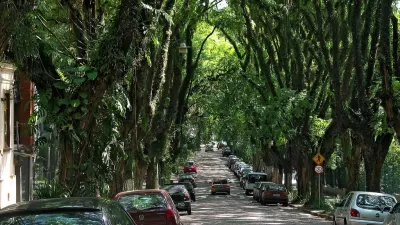
How Neighborhood Trees Improve Public Health
New research reveals more of the details of how trees provide therapeutic effects for humans.
Pagination
Urban Design for Planners 1: Software Tools
This six-course series explores essential urban design concepts using open source software and equips planners with the tools they need to participate fully in the urban design process.
Planning for Universal Design
Learn the tools for implementing Universal Design in planning regulations.
Caltrans
Smith Gee Studio
Institute for Housing and Urban Development Studies (IHS)
City of Grandview
Harvard GSD Executive Education
Toledo-Lucas County Plan Commissions
Salt Lake City
NYU Wagner Graduate School of Public Service


































